Cruise ships must be included in SNP plans to introduce a tourist tax in popular hotspots across the Highlands and islands, it has been claimed.
Orkney MSP Liam McArthur warned it would be “unfair” for visitors arriving on large boats to be excluded from the proposed levy.
If the policy comes into force, local councils would be able to boost their stretched finances by charging tourists a small amount.
That would include visitors staying in hotels and self-catering accommodation.
SNP ministers are open to cruise ships being included if the tax is introduced, and say they will consult with council chiefs on the possibility.
Supporters of the idea – which is common in busy European tourist destinations – say the financial benefits would be huge without highly inconveniencing visitors.
Local authorities who introduce a levy would be expected to invest the money raised back into key tourism services, ideally helping businesses under strain from high demand.
But Mr McArthur claimed the economic benefits would be severely undermined if cruise ships, as well as mobile homes, were left out.
He will make a push to alter the policy to include both during a Holyrood debate on the topic on Tuesday.
Why should visitors on cruise ships be taxed?
The Orkney MSP said: “Providing local councils with the power to set a visitor levy is a reasonable step to take. As ever, though, the devil is in the details.
“At present, ministers have come forward with a bill that would apply to some parts of the tourism sector but not others.
“People in Orkney will not be alone in wondering why visitors to our islands who stay in hotels, self-catering or B&Bs should be charged, but not the increasingly large numbers who visit Orkney on cruise ships or indeed in mobile homes.
“All place demands on the local infrastructure and services, and all should therefore contribute.
“Anything else would be unfair and undermine business and public confidence in the scheme.”
An assessment carried out by Highland Council in 2019 found the policy would raise between £5 million and £10 million a year if introduced.
Last Friday we revealed councillors in the local authority are launching a bid to force motorhome owners to stump up.
As it stands, drivers will also be charged if they park at designated campsites.
It’s been suggested a levy could bring in more than £600,000 a year for Orkney at a time when council budgets are being squeezed.
Data from 2019 estimates 132,000 visitors came to the northern islands on cruise ships that year, nearly a third of all tourists.
Orkney Council leader Heather Woodbridge said: “We welcome any new legislation to enable local authorities to be able to create new income streams as they deem appropriate.
“In Orkney, we have a tremendous number of day visitors, which would not be captured by the visitor levy bill if charged through accommodation providers.”
Across Scotland, around 800,000 people travelled to Scotland while on cruises that year.
Highland port town Invergordon was the most popular destination, bringing in more than 167,000 visitors.
Lerwick, Portree, Stornoway and Tobermory all had thousands of visitors.
‘Now is not the time’
But not everyone is in favour of the policy.
Detractors warn it could harm the country’s tourism sector at a time when many businesses are struggling.
The Scottish Tourism Alliance insist deeper analysis is needed before any levy – especially one which includes cruise ships – comes into force.
A spokesperson said: “Now is not the time to push this through.”
Tory MSP Miles Briggs said: “Scotland’s tourism sector – including our islands – is still suffering from the effects of the pandemic and will be concerned about the prospect of further taxes being imposed on them.
“Given that the practicalities of bringing in this tax have not been fully ironed out, then Scottish Conservative MSPs will vote against these plans as this bill continues to be scrutinised.”
SNP public finance minister Tom Arthur said: “The Scottish Government will seek to give local authorities the power to create a cruise ship levy.
“A working group convened with COSLA and individual councils is considering proposals and will report its findings to Ministers and Council Leaders for further consideration.”
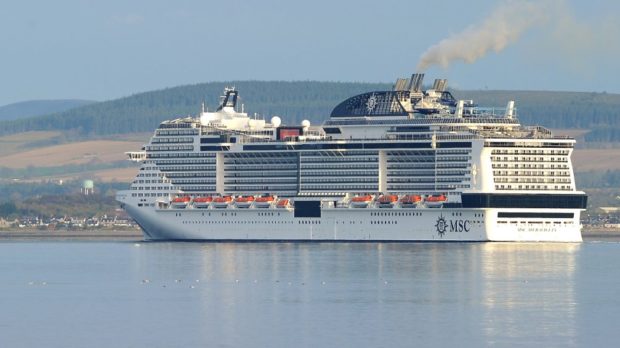
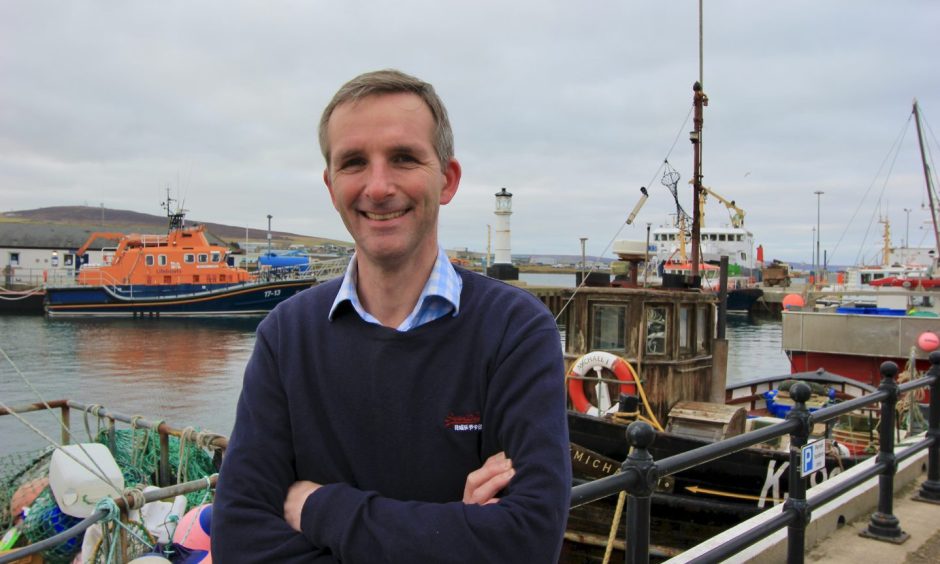
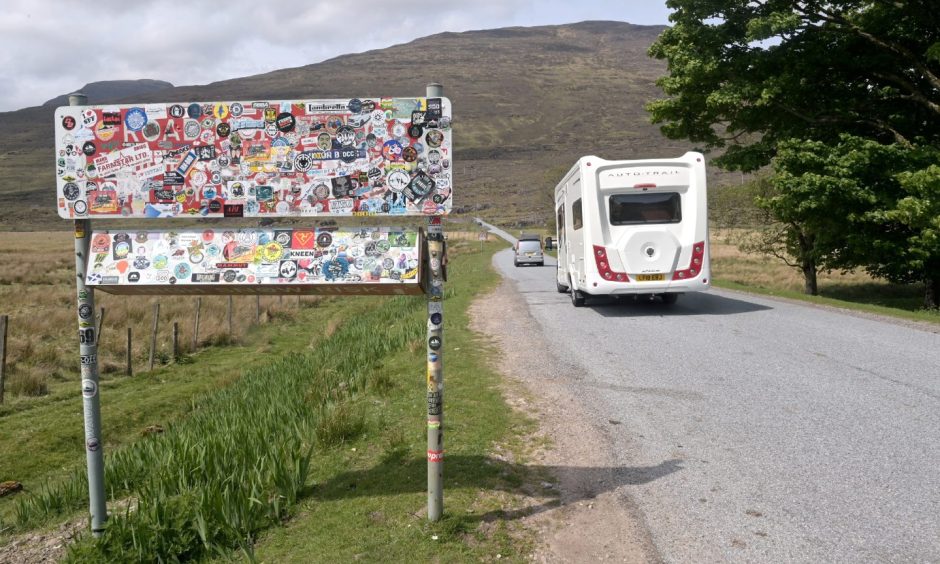
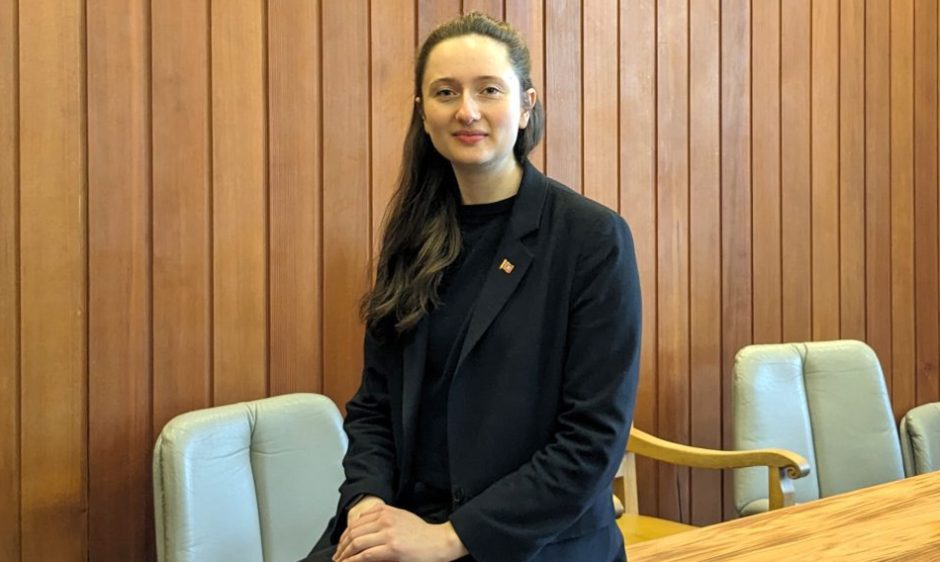
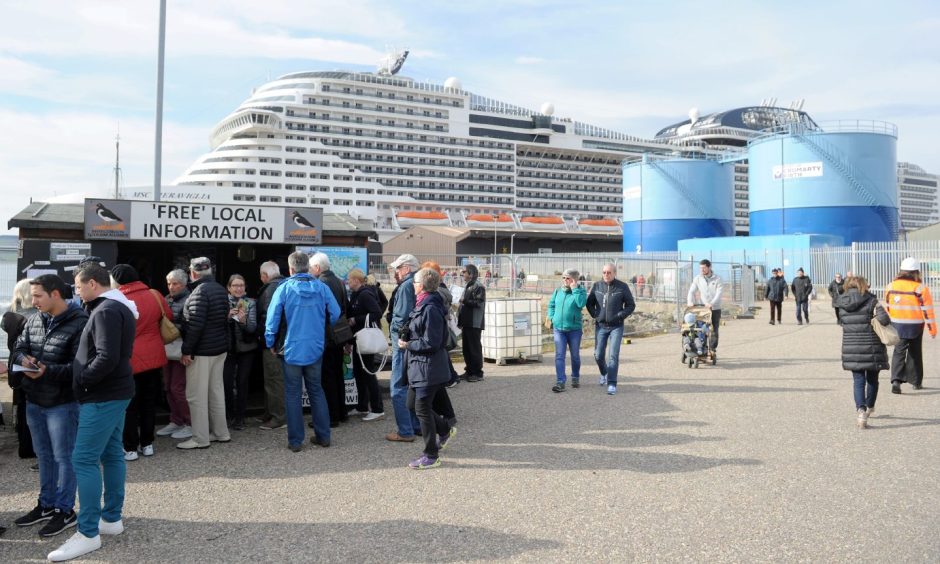
Conversation